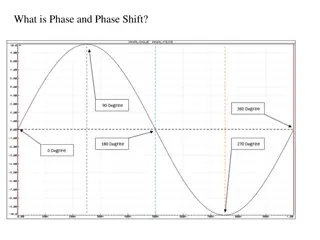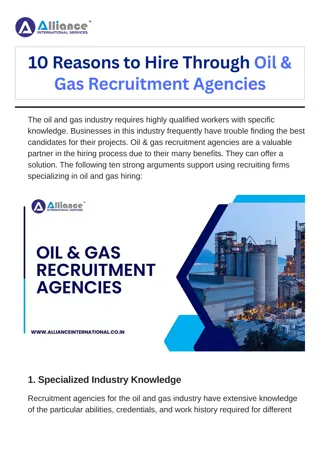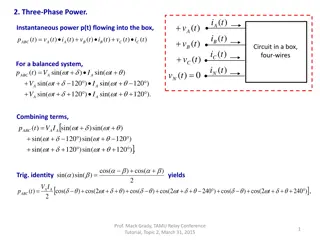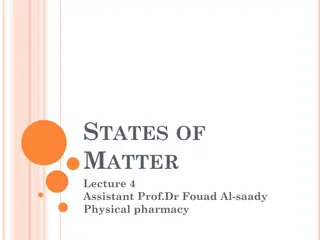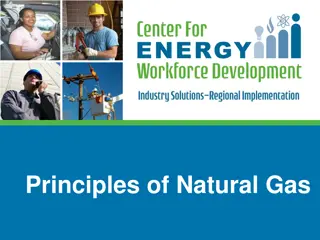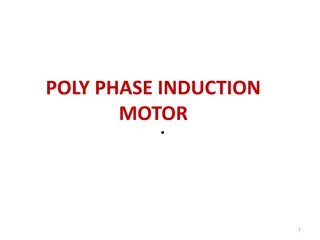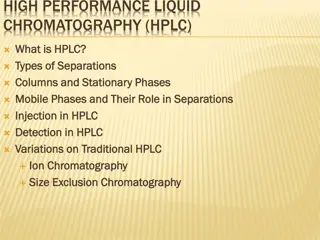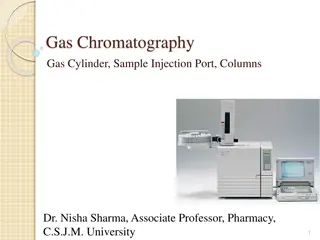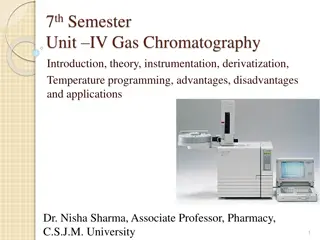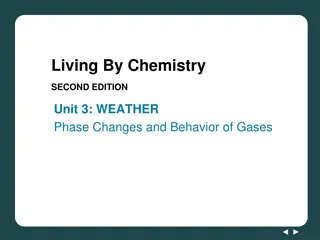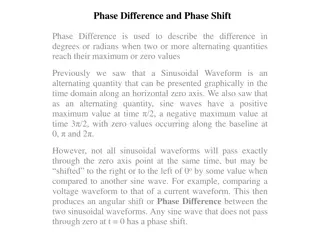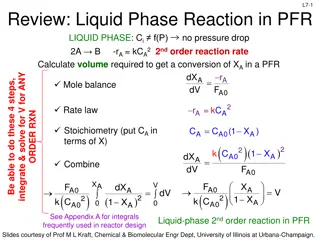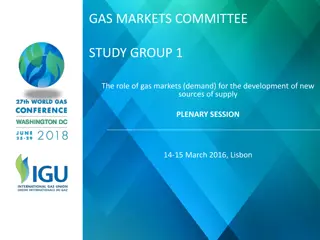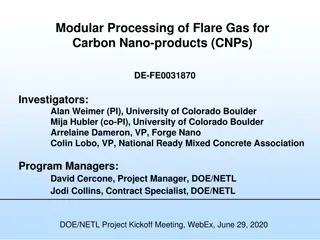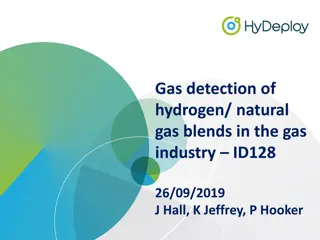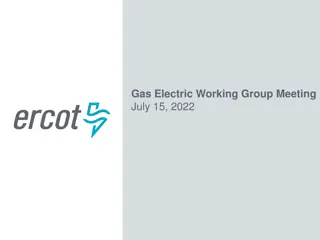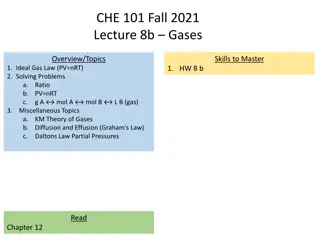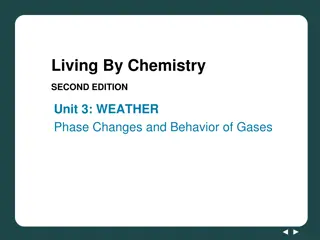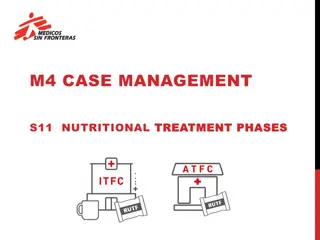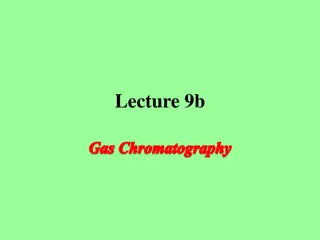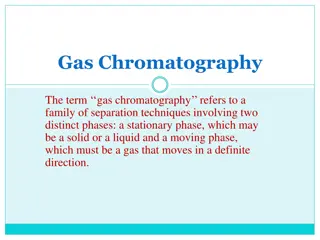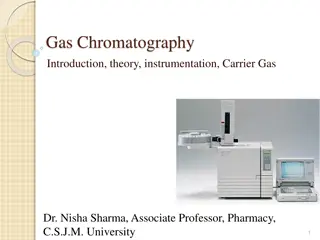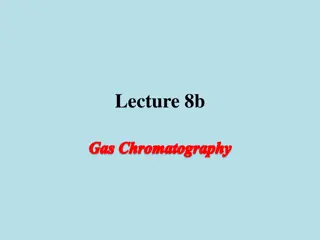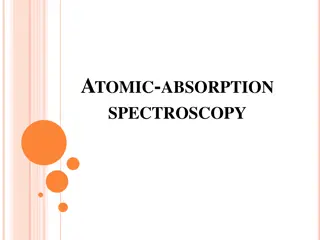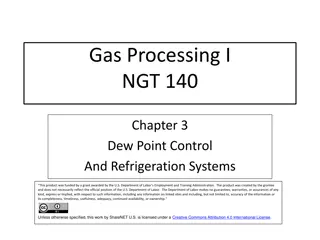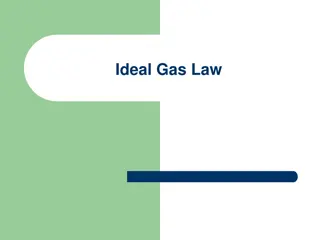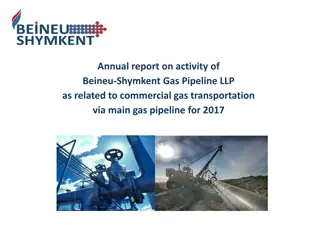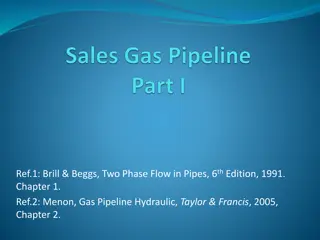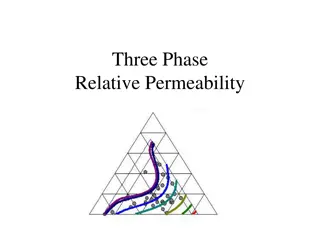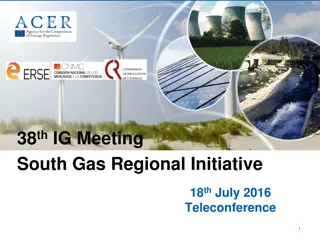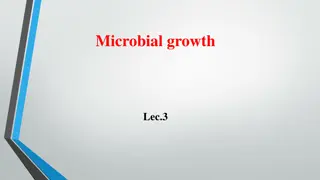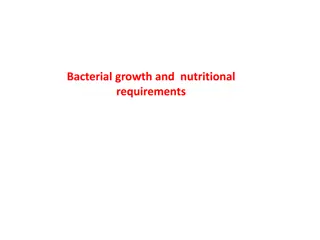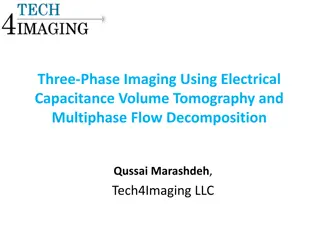Gas meters market
A gas meter is driven by the force of the moving gas in the pipe. Each time the dial with the lower value complete one revolution, the pointer on the next higher value dial moves ahead one digit. These meters are essential for ensuring adequate gas pressure from the main supply of natural or liquefi
2 views • 6 slides
Gas Stations Vanishing in Vancouver_ Is Mobile Refueling the Answer_
Any gas station in downtown Vancouver usually operates 24\/7, but residents are facing another\nissue that might be more important. Gas stations in Vancouver are disappearing because the\nvaluable land they're on is being rezoned and turned into mixed-use and residential areas. The\nprovince wants m
3 views • 5 slides
Understanding RC Phase Shift Oscillators
Dive into the world of RC phase shift oscillators, exploring the concepts of phase and phase shift in electronic circuits. Learn how cascading RC networks can achieve specific phase shifts, the role of impedance, and the practical applications of RC feedback networks in oscillator circuits. Discover
1 views • 18 slides
10 Reasons to Hire Through Oil & Gas Recruitment Agencies
Struggling to find top talent in the competitive Oil & Gas industry? Discover 10 reasons why partnering with Oil & Gas Recruitment Agencies is your key to success. Learn how they unlock wider talent pools, reduce costs, and streamline your hiring process. Attract the best & brightest minds for your
0 views • 4 slides
Understanding the Three Stages of Project Life Cycle
The project life cycle consists of three key stages: pre-investment phase, construction phase, and normalisation phase. The pre-investment phase involves objective formulation, demand forecasting, and cost-benefit analysis. The construction phase focuses on building project infrastructure and invest
1 views • 5 slides
Understanding Three-Phase Power Systems and Instantaneous Power Flow
This detailed content delves into three-phase power systems, analyzing instantaneous power flow, balanced circuits, and trigonometric calculations. It explores the concept of constant three-phase power and provides insights into the analogy of a piston engine with infinite cylinders. The data includ
2 views • 9 slides
Understanding Phase Equilibria in Physical Pharmacy
Delve into the complexities of states of matter, phase equilibria, and the phase rule as explained by Assistant Prof. Dr. Fouad Al-saady in the context of physical pharmacy. Learn about phase definitions, phases in different systems, and examples illustrating phase differentiation in various substan
0 views • 22 slides
Understanding Natural Gas: Properties, Dangers, and Safety Measures
Explore the principles of natural gas, its chemical composition, properties, and potential dangers. Learn about gas formation, extraction, and usage. Discover how to manage gas leaks, prevent ignition, and ensure safety in handling natural gas. Gain insights into flammability, static electricity ris
0 views • 15 slides
Understanding Poly Phase Induction Motor Construction
An induction motor is comprised of a stator and rotor, with the stator featuring a 3-phase winding fed from a 3-phase supply. The rotor comes in two types - squirrel-cage and phase wound. The squirrel-cage rotor consists of heavy bars tightly pressed on the shaft, while the phase wound rotor has a 3
0 views • 47 slides
An Overview of High Performance Liquid Chromatography (HPLC)
High Performance Liquid Chromatography (HPLC) is a powerful analytical technique used for separating and identifying compounds in a mixture. It involves a mobile phase and a stationary phase to achieve separation based on different physicochemical properties. The mobile phase plays a crucial role in
0 views • 20 slides
Gas Chromatography Equipment Overview: Components and Functions
Gas chromatography involves various components like gas cylinders, sample injection ports, and columns. The gas cylinder serves as a carrier gas reservoir with a pressure regulator. Sample introduction is through a column inlet/sample port injector. The GC injection syringe helps vaporize samples qu
0 views • 16 slides
Understanding the Phase Rule in Physical Pharmacy: Two Component Systems and Equilibrium Phases
The Phase Rule is essential in determining the state of a system based on components and phases. This study explores two-component systems in physical pharmacy, illustrating miscibility behaviors and equilibrium phases through diagrams and explanations. Understanding binodal curves, tie lines, and t
0 views • 12 slides
Gas Chromatography: Introduction, Theory, Instrumentation, Derivatization
Gas chromatography is a powerful analytical technique used for separating and analyzing volatile compounds. It involves a mobile gas phase passing through a stationary phase, with components in the mixture interacting differently, resulting in separation. The technique dates back to 1905 and has evo
0 views • 12 slides
Understanding Gas Laws and Phase Changes in Chemistry
Explore the relationships between gas pressure, volume, and temperature through concepts like Gay-Lussac's Law and the behavior of gases in flexible and rigid containers. Gain insights into predicting gas behavior when variables change using the three gas laws: Charles's Law, Boyle's Law, and Gay-Lu
0 views • 14 slides
Understanding Phase Difference and Phase Shift in Sinusoidal Waveforms
Phase difference and phase shift describe the angular displacement of sinusoidal waveforms in degrees or radians. These concepts are crucial in analyzing the relationship between alternating quantities such as voltage and current. The phase angle determines the shift of a waveform along the horizont
1 views • 26 slides
Best Gas Dryer Services in Bickford Park
If you want the Best Gas Dryer Services in Bickford Park, visit AG Gas Solutions. They specialize in a wide range of services including gas stove repair, gas ranges, gas ovens, gas dryers, gas BBQs, gas pizza ovens, gas fire pits, pool heaters, dryer
1 views • 6 slides
Reactor Design Principles for Liquid and Gas-Phase Reactions
This material covers the design principles for liquid and gas-phase reactions in continuous flow reactors such as PFR (Plug Flow Reactor) and PBR (Packed Bed Reactor). It includes calculations for volume required to achieve a specific conversion, catalyst weight needed, and considerations for ideal
0 views • 21 slides
Gas Markets Committee Study Group: Fueling the Future with Gas
The Gas Markets Committee Study Group 1 focuses on analyzing the role of gas markets in driving the development of new sources of supply, studying gas demand globally and in selected countries, and projecting gas supply up to 2040. The group discusses gas demand drivers, shares work progress through
0 views • 9 slides
Sustainable Conversion of Flare Gas into High-Value Carbon Nano-products
This project focuses on modular processing of flare gas to produce carbon nano-products, aiming to address the challenges of natural gas flaring in the United States. With a three-year timeline and a total budget of $3,750,000, the interdisciplinary team led by the University of Colorado Boulder see
0 views • 36 slides
Gas Detection of Hydrogen/Natural Gas Blends in the Gas Industry
Gas detection instruments play a crucial role in assessing the presence of hazardous atmospheres in the gas industry. This study focuses on the impact of adding hydrogen up to 20% in natural gas blends on gas detection instruments. The aim is to understand any potential inaccuracies in readings and
0 views • 30 slides
Gas-Electric Working Group Meeting Highlights - July 15, 2022
Gas-Electric Working Group meeting on July 15, 2022, discussed topics including Antitrust Admonition, Gas Industry Changes under new Texas RRC Regulations, Critical Designation of Natural Gas Infrastructure, Supply Chain Mapping, Gas-Electric Load Coordination Process, and introduction of James Stev
0 views • 21 slides
Comprehensive Overview of Ideal Gas Law and Gas Problems
Delve into a detailed exploration of the Ideal Gas Law and its applications in solving various gas-related problems. Master the concepts of Boyle's Law, Charles's Law, Avogadro's Law, and more through equation, ratio, and stoichiometry problems. Enhance your understanding of gas behavior and calcula
0 views • 20 slides
Understanding Phase Changes and Gas Behavior in Chemistry
Explore the concepts of phase changes and gas behavior in chemistry through lessons on gas density, sublimation, and measuring densities of gases. Activities involving dry ice and discussions on water vapor, fog, and clouds enhance understanding. Discover how densities of solids and gases compare, a
0 views • 15 slides
Understanding Nutritional Treatment Phases in Pediatric Malnutrition
This session covers the different phases of nutritional treatment in pediatric malnutrition programs, focusing on objectives, specifics, and criteria for transitioning between phases. An illustrative case of Annika, a 3-year-old in the Transition Phase, is provided for practical application and unde
0 views • 5 slides
Understanding Gas Chromatography: Theory and Applications
Gas chromatography is a widely used technique in various fields such as research, industry, forensics, and environmental analysis. This method allows for the separation and quantitation of compounds based on their different polarities or physical properties. The setup consists of key parts like an i
0 views • 10 slides
Understanding Gas Chromatography: Principles, Applications, and Strengths
Gas chromatography is a separation technique involving a stationary phase and a gas mobile phase. The principles involve flowing a gaseous mobile phase through a column for separation based on component interactions. While its use in drug analysis has declined with the advent of HPLC, GC is still va
0 views • 22 slides
Gas Chromatography: Introduction, Theory, and Instrumentation
Gas chromatography is a powerful analytical technique used to separate and analyze volatile substances. Originating in 1905, it involves the partition between a gas and a solid or liquid stationary phase. The theory revolves around retention time and the tentative identification of unknown compounds
0 views • 10 slides
Understanding Gas Chromatography: Basics, Theory, and Applications
Gas chromatography is a powerful analytical technique widely used in research, industrial quality control, forensics, and environmental analysis. This method separates compounds in a mixture based on polarity, boiling point, and interactions with the stationary phase. The setup includes components l
0 views • 10 slides
Understanding Atomic Absorption Spectroscopy in Analytical Chemistry
Atomic absorption spectroscopy (AAS) is a valuable technique for determining metal concentrations in samples. This method involves the absorption of light to measure gas-phase atoms, requiring steps like desolvation, vaporization, and volatilization to convert samples into atomic gas. The process ut
0 views • 18 slides
Gas Processing: Dew Point Control and Refrigeration Systems
Gas processing involves gathering raw gas from wells, passing it through various units like feed gas receiving, condensate stabilization, gas treating, dew point control, and refrigeration units to control liquid condensation and recover natural gas liquids. Dew point control helps prevent condensat
0 views • 26 slides
Understanding the Ideal Gas Law in Chemistry
Exploring the concept of the Ideal Gas Law, its derivation from the combined gas law, conversion of pressures, practical applications through problem-solving examples, and the significance of the gas constant (R) in calculations. Learn how to use the Ideal Gas Law formula (PV = nRT) to solve for var
1 views • 19 slides
Gas Laws Review Game - Test Your Knowledge on Gas Concepts and Mixed Gas Laws
Get ready to test your knowledge on gas concepts and mixed gas laws with this interactive review game. Answer questions on gas properties, volume changes, pressure variations, and more. Challenge yourself and your team members as you solve problems related to gas laws. Improve your understanding and
0 views • 7 slides
Annual Report on Activity of Beineu-Shymkent Gas Pipeline LLP for Gas Transportation in 2017
The annual report highlights the commercial gas transportation activities of Beineu-Shymkent Gas Pipeline LLP in 2017. It provides general information on the project, technical parameters of the gas pipeline, and a diagram of the Beineu-Bozoy-Shymkent Gas Pipeline. The report also includes details o
0 views • 14 slides
Comprehensive Overview of Two-Phase Flow Equations and Gas Pipeline Hydraulic Analysis
Explore the general flow equations for two-phase flow in pipes and gas pipeline hydraulics. Understand concepts such as internal energy, kinetic energy, potential energy, entropy, and friction factors. Learn about pressure gradients, Reynolds numbers, and friction factors in single-phase gas flow. G
1 views • 26 slides
Understanding Three-Phase Relative Permeabilities in Reservoir Engineering
Explore the application, correlations, and traditional assumptions of three-phase relative permeabilities in reservoir engineering. Learn about saturation-dependencies, occupancy models, and the challenges of measuring three-phase relative permeabilities. Discover how to calculate three-phase permea
0 views • 14 slides
Meeting Summary: Interoperability and Gas Quality in Gas Regional Initiative
Discussion highlights from the 38th IG Meeting of the South Gas Regional Initiative teleconference held on July 18, 2016. Focus on interoperability, latest developments, and next steps in the region. Key topics include Interconnection Agreement requirements, gas flow control, gas quantity allocation
0 views • 24 slides
Understanding Microbial Growth: Phases and Dynamics
Microbial growth is defined as an increase in cellular constituents leading to a rise in microorganism size or population. The growth of bacterial cells is characterized by distinct phases such as lag phase and exponential phase. During the lag phase, cells are synthesizing new components before div
0 views • 21 slides
Understanding Bacterial Growth and Nutritional Requirements
Bacterial growth involves processes like binary fission, exponential phase, and stationary phase. Factors influencing growth include nutrient availability, oxygen levels, and toxic waste accumulation. Lag phase precedes exponential growth, where cells prepare for division. Stationary phase occurs wh
0 views • 11 slides
Advanced Imaging Techniques for Three-Phase Flows in Reactor Systems
Gas-liquid-solid reactor systems require advanced measuring techniques to understand complex three-phase flows. Multi-Phase Flow Decomposition using Electrical Capacitance Volume Tomography (ECVT) offers innovative solutions for visualizing and quantifying phase hold-up distributions and dynamic cha
0 views • 17 slides
Moving to the Design Phase: Feasibility Phase Checklist
The transition requirements for moving to the Design Phase include the Water Fund being deemed feasible, resources committed for design, and a formal decision made. The Feasibility Phase Checklist covers governance, science, finance, implementation, and communications aspects. The high-level action
0 views • 4 slides


